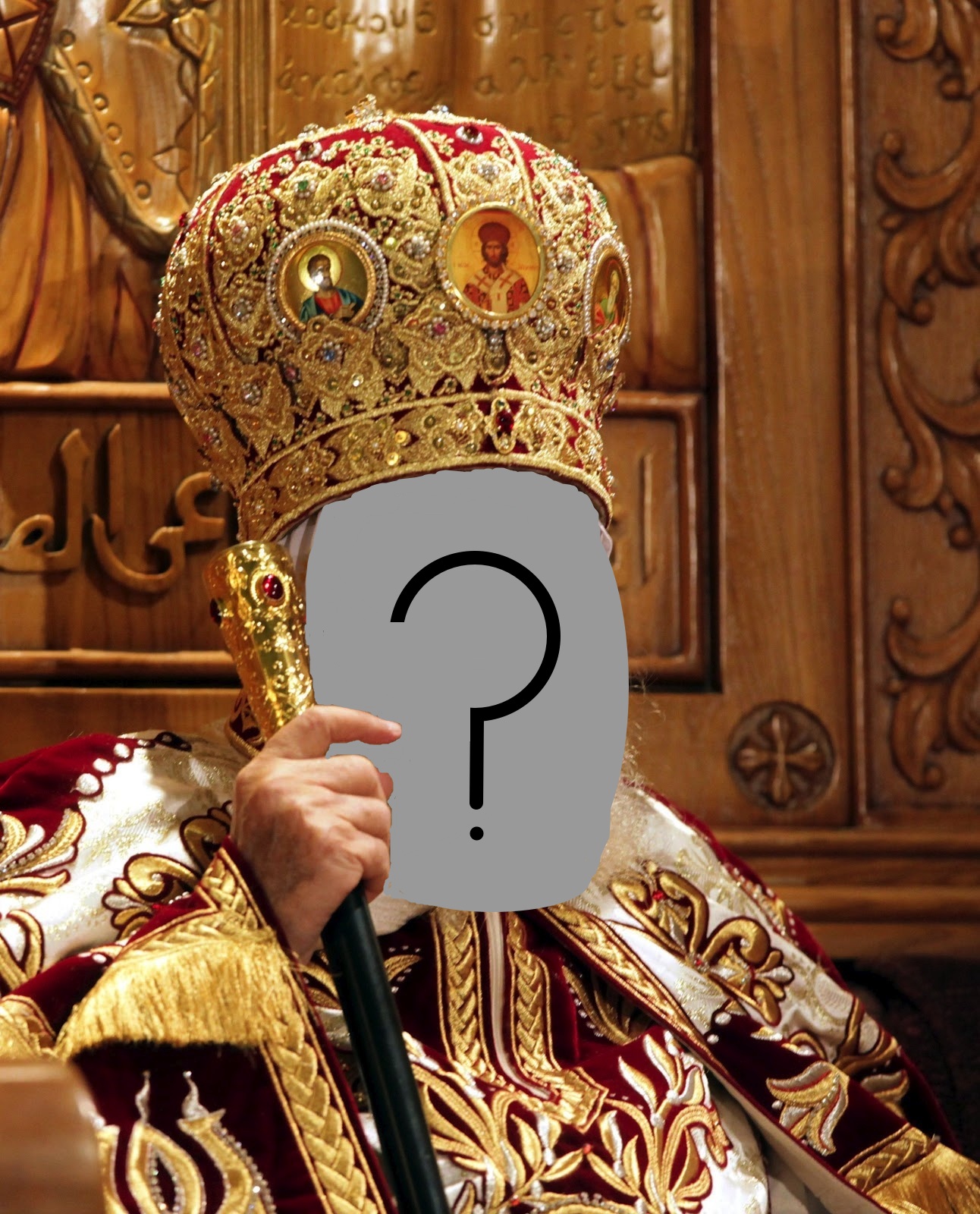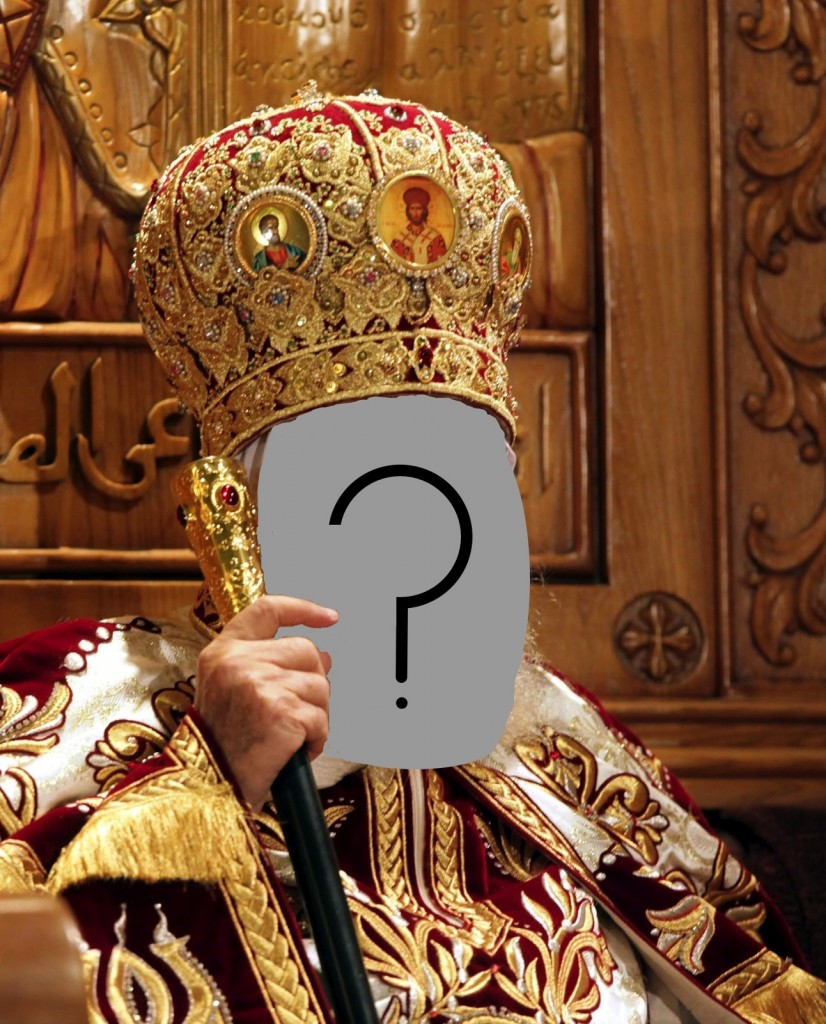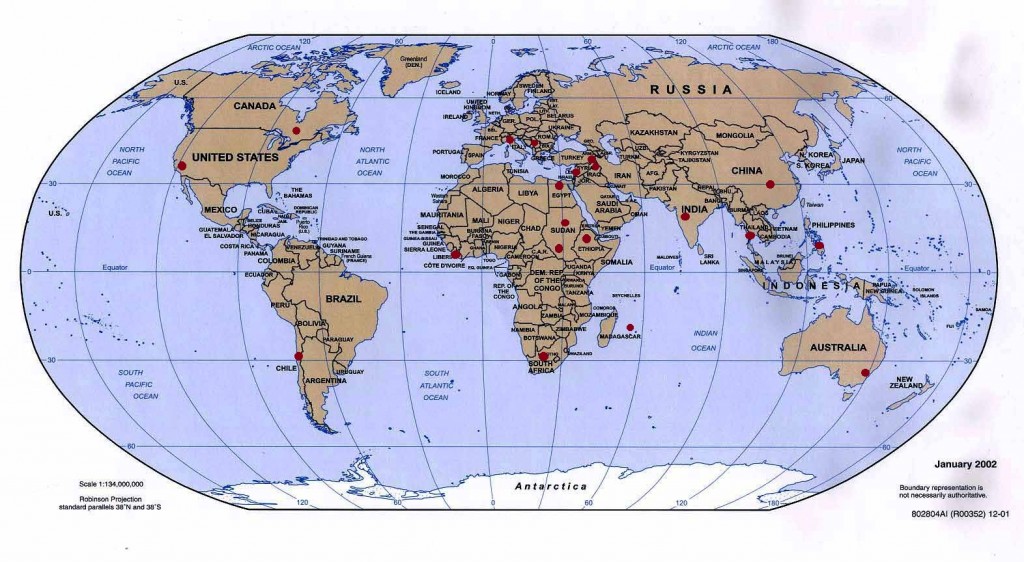I thank Mark Ramzy in the USA for raising the case FOR diocesan bishops becoming pope in a Facebook discussion. To clarify some of the things in my previous posts on the topic, I thought it worthwhile to post his comments here with my response. Feel free to share your opinion – it is wonderful that we are able to debate such issues with frankness and love, and can it can only lead to a better Church in the future as together we seek the truth in love. To find the canons mentioned below and many more documents that are relevant, go the canon 15 website.
Mark’s comment:
I like the article Abouna, with the exception of the paragraph about diocesan bishops. It strongly implies that any diocesan bishop who is up for patriarch is somehow automatically coveting the position. I don’t think that automatically follows and, if it does, whatever the reasoning is would apply to anyone up for patriarch, not just that select sample.
I think the only way the argument holds true is if (i) diocesan bishops cannot become patriarch and (ii) each diocesan bishop up for the position actually believes (i). (Also holds true if (i) is wrong but the diocesan bishops think it’s true).
And my response:
Hi Mark. If you read the actual canon there is leeway for exceptions in certain circumstances. Of course, we would always want the best person for the role and historically we have had even laymen chosen to be pope with excellent results. If there were a standout diocesan bishop of superior spiritual qualities and no viable alternatives, I would certainly support his elevation to the papacy – that’s the kind of exception envisioned in the canon. But that certainly was not the case in our current situation. Perhaps, say, if HG Bishop Moussa was a diocesan bishop, there would have been a good case for his being a candidate (note he immediately declined when he was nominated).
If you read the letters of St Basil, you will find that even in the fifth century, politics had entered the Church and he struggled greatly to overcome this objectionable environment of ambition and self-seeking. I think the wisdom of the canon is to create an environment where this is not possible. WHy target diocesan bishops in particular? Actually, the canon covers bishops, priests and even deacons. The premise is “don’t strive to leave a smaller service for a bigger service”. We should strive to faithfully fulfil the mission given to us by God rather than being discontented with it and seeking to do something “bigger”. This is something we teach to our servants every day and seek to follow as priests as well. Service is not about being a hero, it is about humble loving sacrifice. And the same applies to a bishop just as aptly, if not moreso.
I hope that clarifies it a little? What do you think?


.jpg/220px-Chuck_Kennedy_-_The_Official_White_House_Photostream_-_P060409CK-0199_(pd).jpg)




![IMG_0069[1] IMG_0069[1]](http://www.frantonios.org.au/wp-content/uploads/2011/06/IMG_00691-300x225.jpg)
 One of the major issues challenging our ethics in the 21st century is the issue of human cloning. There are compelling parallels to the rise of nuclear energy 60 years ago. Whilst nuclear energy has given us a relatively clean source of incredible amounts of energy, and is even used in medicine to save lives, it also brought with it the ability to destroy the world as we know it. Would we have been better off if the power within the atom had never been unleashed?
One of the major issues challenging our ethics in the 21st century is the issue of human cloning. There are compelling parallels to the rise of nuclear energy 60 years ago. Whilst nuclear energy has given us a relatively clean source of incredible amounts of energy, and is even used in medicine to save lives, it also brought with it the ability to destroy the world as we know it. Would we have been better off if the power within the atom had never been unleashed?